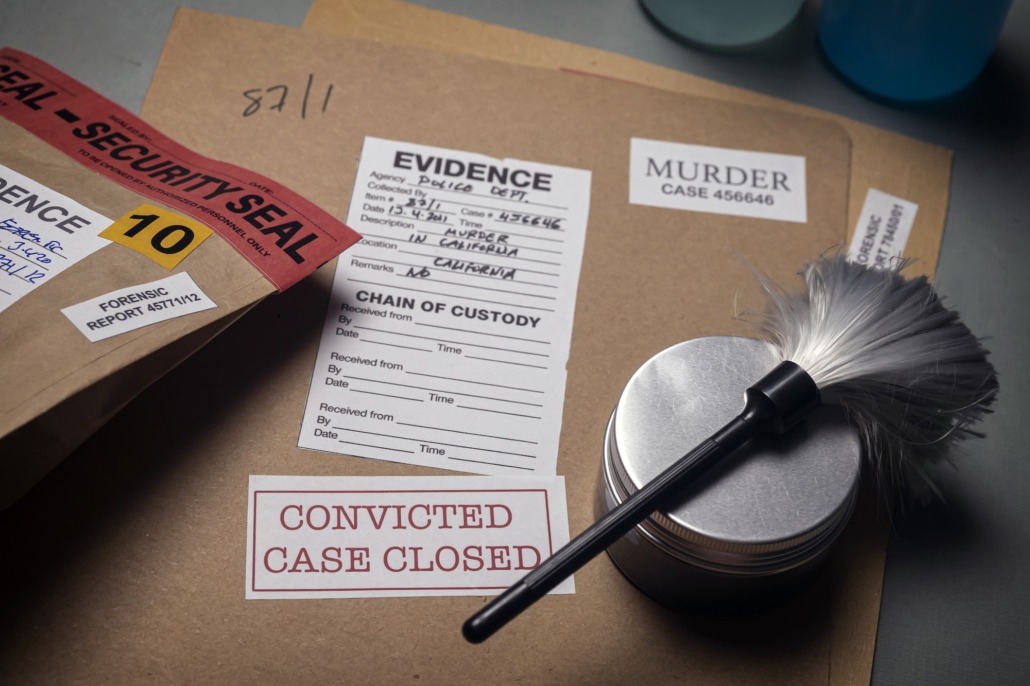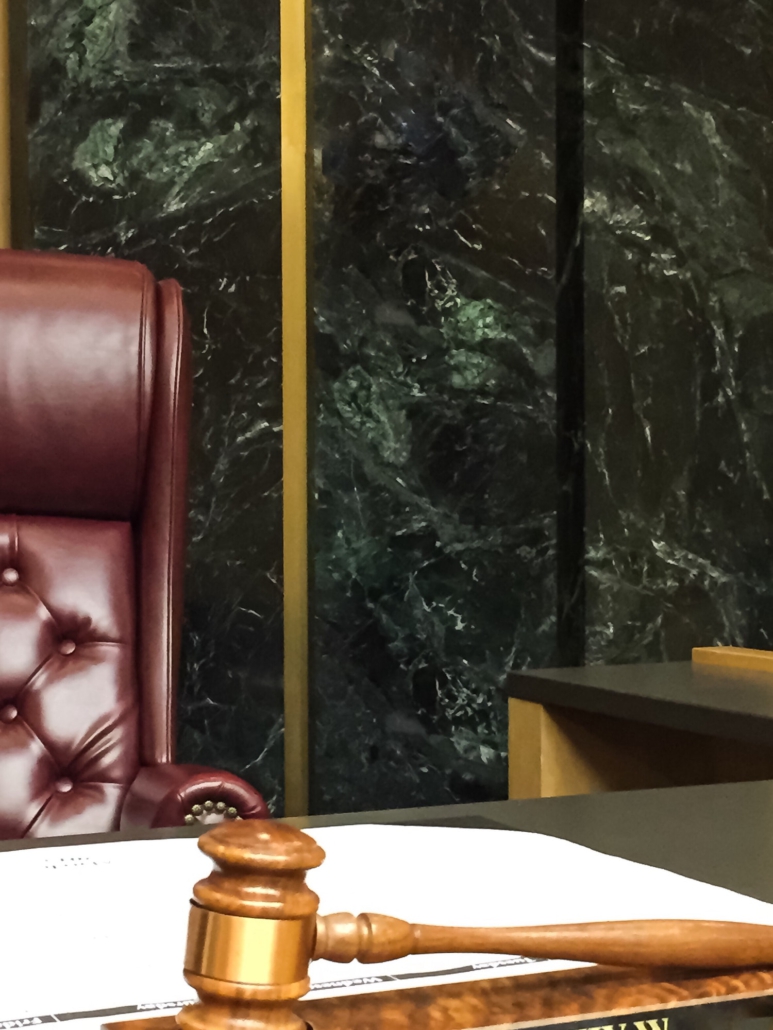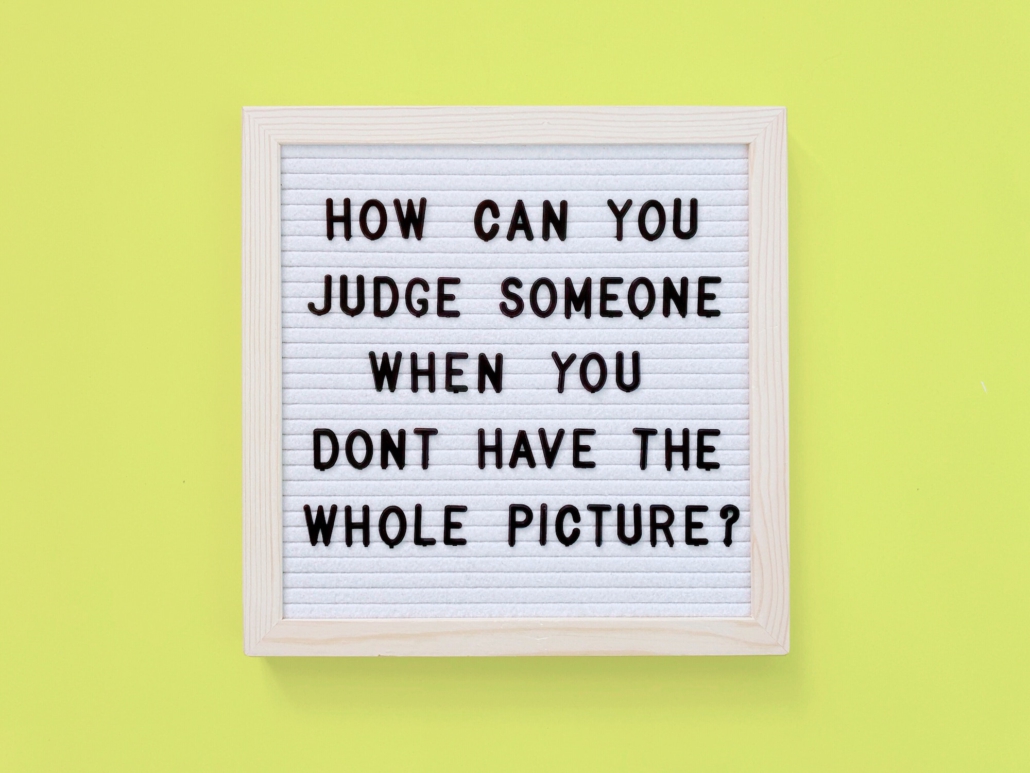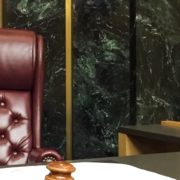BGH on the legal consequences of thwarting evidence
/in Nicht kategorisiertLEGAL+ NEWS

In legal disputes, it happens time and again that a party impedes the opponent’s presentation of evidence by thwarting evidence. In these cases, the practical question arises as to whether and, if so, with what legal consequences it can be assumed that evidence has been obstructed.
The clarifying BGH ruling of 16.11.2021 (case no. VI ZR 100/20) on the legal consequences of obstructing evidence
In a recent ruling, the Federal Court of Justice (BGH) made important findings in this regard and, in particular, eliminated a frequently encountered misconception that evidence is deemed to have been provided in the event of the obstruction of evidence. The BGH stated in its ruling of 16.11.2021 (case no. VI ZR 100/20):
“(…)
Contrary to the opinion of the appeal, however, the plaintiff is not deprived of proof of his allegations in this regard because he could be accused of obstructing evidence due to the sale of his vehicle in September 2017. Evidence can only be said to have been obstructed if the party not bearing the burden of proof culpably makes it impossible or more difficult for the opposing party bearing the burden of proof to provide evidence by destroying or withholding existing evidence or making its use more difficult (BGH, judgments of June 25, 1997 – VIII ZR 300/96, NJW 1997, 3311, juris para. 18; of June 11, 2015 – I ZR 226/13, WRP 2016, 35 para. 44 – Deltamethrin I mwN). However, by selling his vehicle, the plaintiff did not impede the defendant’s burden of proof, but at most his own. This is because he is obliged to provide evidence that his vehicle was completely and professionally repaired in accordance with the specifications of the pre-trial expert.
Apart from this, the assumption of a frustration of proof does not lead to the legal consequence claimed by the appeal. If the prerequisites for the obstruction of evidence by the opponent of the party with the burden of proof are met, the burden of proof may be eased in favor of the party with the burden of proof, which may in some circumstances go as far as reversing the burden of proof. The obstruction of evidence, on the other hand, does not mean that no evidence can be taken at all and that the submission of the party with the burden of proof would be considered proven (see BGH, judgment of June 11, 2015 – I ZR 226/13, loc. cit. para. 48 et seq. – Deltamethrin I mwN).
(…).

This judgment on the possible legal consequences of the obstruction of evidence contains the following important findings for the conduct of proceedings:
- Obstruction of evidence refers solely to the case where the party not bearing the burden of proof makes it impossible or difficult for the other party to provide evidence.
- If necessary, the legal consequence in favor of the party with the burden of proof may be a reduction in the burden of proof and, under certain circumstances, a reversal of the burden of proof.
- One of the possible legal consequences of the obstruction of evidence is not that the evidence is deemed to have been provided, with the result that the disputed fact would be deemed to have been proven.

LATEST ARTICLES

On the bias of judges in civil proceedings: If judges do not read a party’s pleadings, this can justify a motion for recusal!
Following on from my overview article on the application for recusal pursuant to Section 42 ZPO, I would like to report on an interesting ruling by the Higher Regional Court of Karlsruhe. According to this ruling, a judge’s failure to read the pleadings submitted by a party can give rise to concerns of bias. In the case in question, a judge had overlooked an application for recusal directed against him, as he had forwarded the pleading containing it unread to the opposing party for comment. This violates the so-called duty to wait pursuant to Section 47 (1) ZPO, according to which only “official acts that cannot be postponed” are permitted from the filing of an application for recusal until it has been dealt with.

BGH on the legal consequences of thwarting evidence
In legal disputes, it often happens that one party makes it difficult for the opposing party to provide evidence. In these cases, the question then arises as to whether and, if so, with what legal consequences it can be assumed that evidence has been obstructed.

Guide to procedural law: Easier way to claim damages for exhaust gas manipulation – On the BGH ruling of June 26, 2023 (Ref. Via ZR 335/21)
This article attempts to classify and evaluate the current ruling of the Federal Court of Justice (BGH) of June 26, 2023 (Ref. Via ZR 335/21) on the subject of compensation for damages due to emissions manipulation by car manufacturers.
CONTACT

+49 (40) 57199 74 80
+49 (170) 1203 74 0
Neuer Wall 61 D-20354 Hamburg
kontakt@legal-plus.eu
Benefit from my active network!
I look forward to our networking.
This post is also available in: DE


